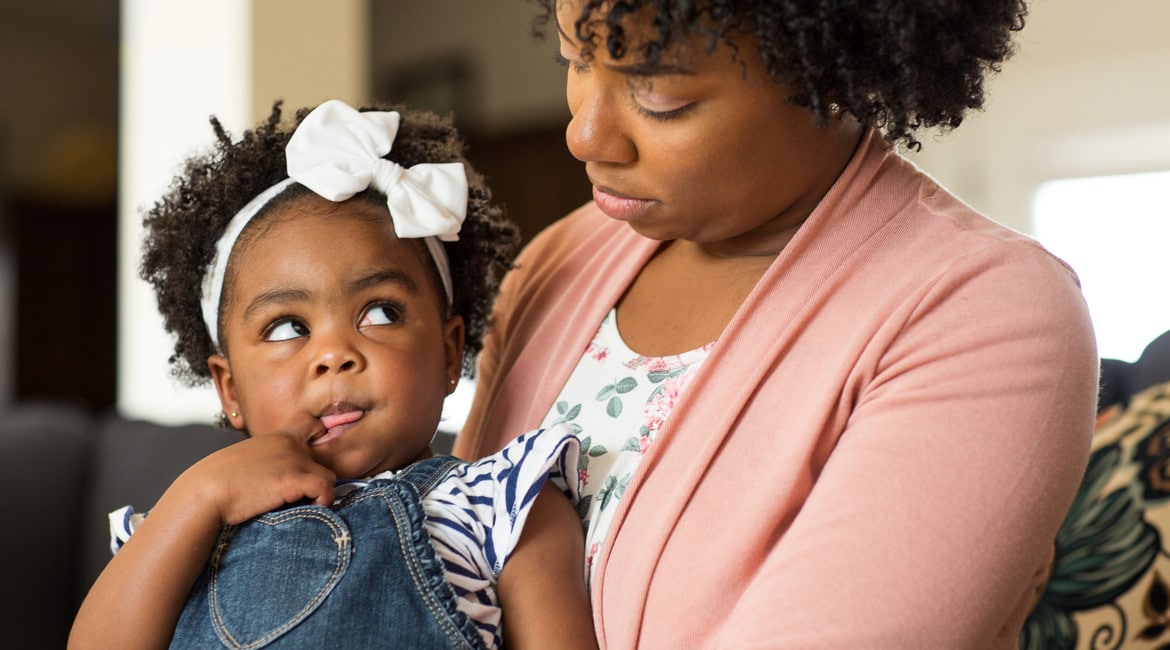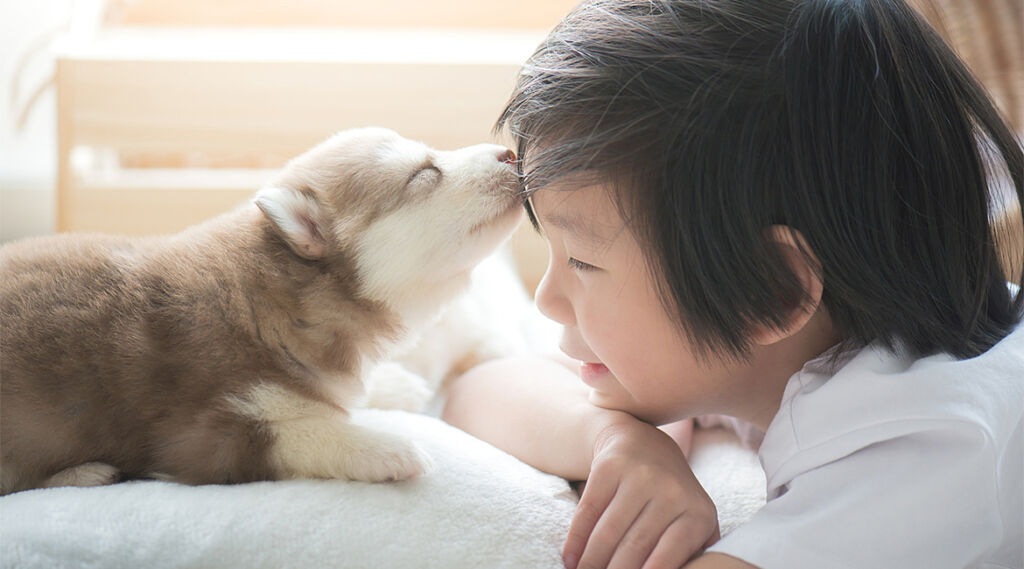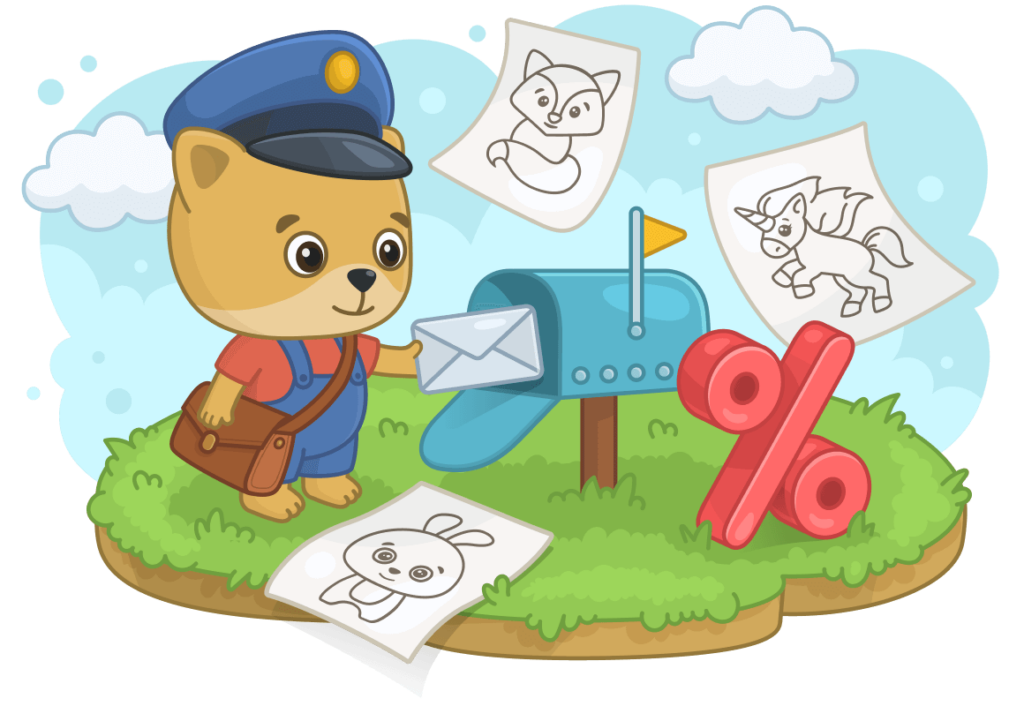When it comes to communication with kids, your tone is everything because babies are sensitive and can know if the message is positive or negative.
Your tone of voice often says more than the words are spoken, and it can make children feel important and valued.
Remember that your kids are likely to respond differently depending on how you speak to them.
They can react negatively by feeling fearful, yelling back, or completely ignoring your orders.
The Importance of the Right Tone When Parenting
Is it simple to control your tone when you find your toddler scribbling on your kitchen walls with a permanent marker? Probably not.
However, children, especially toddlers, are less likely to listen if your reaction is in a loud and aggressive tone.
The wrong tone can foster negative emotions in kids and affect their self-esteem, behavior, and communication skills.
Here are five reasons to opt for the right tone of voice when communicating with little kids.
1. It is More Effective
What would you prefer—someone talking to you in a harsh tone or someone who’s speaking to you in a calm voice?
It is basic logic that your child is more likely to listen if you opt to communicate to them in a gentle tone.
Moreover, you are more likely to get them to listen to you if you use a firm tone rather than yelling.
2. It Helps Your Children Be Better Listeners
Little kids have an emotional reaction to loud and negative tones, which prevents them from listening.
The more you use a peaceful tone when addressing them, the more chances your child will practice active listening.
Parents who use soft tones often find that their children do not listen most times.
The best and most effective way to interact with kids at all levels and get them to listen is to use an assertive tone.
Assertively communicating with children is a real skill, and it shows that you are worth listening to.
3. Modeling Right Behavior
When you use positive and calming tones, especially in stressful moments, you are modeling the type of behavior you wish to see in your kids.
Since children pick up behaviors fast, they will emulate your tone when communicating with their peers.
Hence, it is vital to consistently use a positive or calm tone because if your little one models it, it improves their communication skills.
4. It Teaches Them Empathy & Respect
When your child realizes that you do not yell or lash out at them despite their misbehavior, they might stop tantrums.
With the right words and tone, it is possible to make your little ones feel that you are on their team.
Indirectly, when you control your tone, your kids learn foundational social-emotional skills like empathy, understanding, and mutual respect.
They might also start being non-judgmental and more respectful towards their friends and loved ones.
5. It Maintains Their Mental Peace
The most important reason for using the tone when communicating is the peaceful atmosphere that always encompasses your child.
When you and your child are calm, relaxed, and level-headed, it is better to correct and get them to listen.
If you yell at them once they behave badly, they might show more resistance and probably disrespect.
The best way to make your little ones comply willingly is not to make them feel like you are trying to boss them around.

Tips for Using the Right Tone with Kids
From birth, warm and responsive communication makes children feel safe and secure in their worlds.
It also builds and strengthens relationships between you and your child because it conveys that you value their thoughts and feelings.
Here are four tips on the best ways to have the right communication tones with children.
1. Be Positive and Clear
Being clear and direct when communicating with your little one is important.
Hence, always use your child’s name when giving directions to get their attention and personalize the message.
For example, instead of yelling, clearly explain why you do not agree with their point or the reason for your disagreements.
2. Make it Fun
Defuse the intensity of conversation with your kids with some silliness.
Instead of yelling at your toddlers to sit still so you can work on their assignment or feed them, try some gentle and fun nudging.
A quick and fun game or giving them extra game time will motivate them to listen to you, which prevents you from using a negative tone.
3. Give the Conversation Your Undivided Attention
It has been proven that directly communicating with toddlers aid their development.
So, look them in the eye and engage them in an active and focused conversation with you.
Always set aside time when you can talk and listen to your kids without any form of distraction.
A helpful tip is to turn off phones, computers, and televisions whenever you and your little one communicate.
Being focused can help change your tone of voice to calm and relaxed.
The reason is that your brain is not stressed with many tasks simultaneously.
4. Always Have an Open Mind
Create a judgment-free environment where you and your kids can talk about everyday things.
If you are used to communicating with your toddler, it can make it easier to talk through their tantrums.
So, have an open mind to talk about every feeling your little one can portray, including anger, pain, joy, frustration, fear, and anxiety.
To avoid having a negative tone, it helps to wait until you have calmed down from your strong emotions like anger before talking about them.
Conclusion
Effective communication with children is usually challenging and requires a positive tone and mindset.
Toddlers are very sensitive to nonverbal communication.
Your facial expressions and tone are essential for good communication.
Although it is impossible always to use the right tone at the right time, always aim for a calmer tone with children.
The effectiveness of communication with your child is dependent on how you control your tone of voice while speaking.



